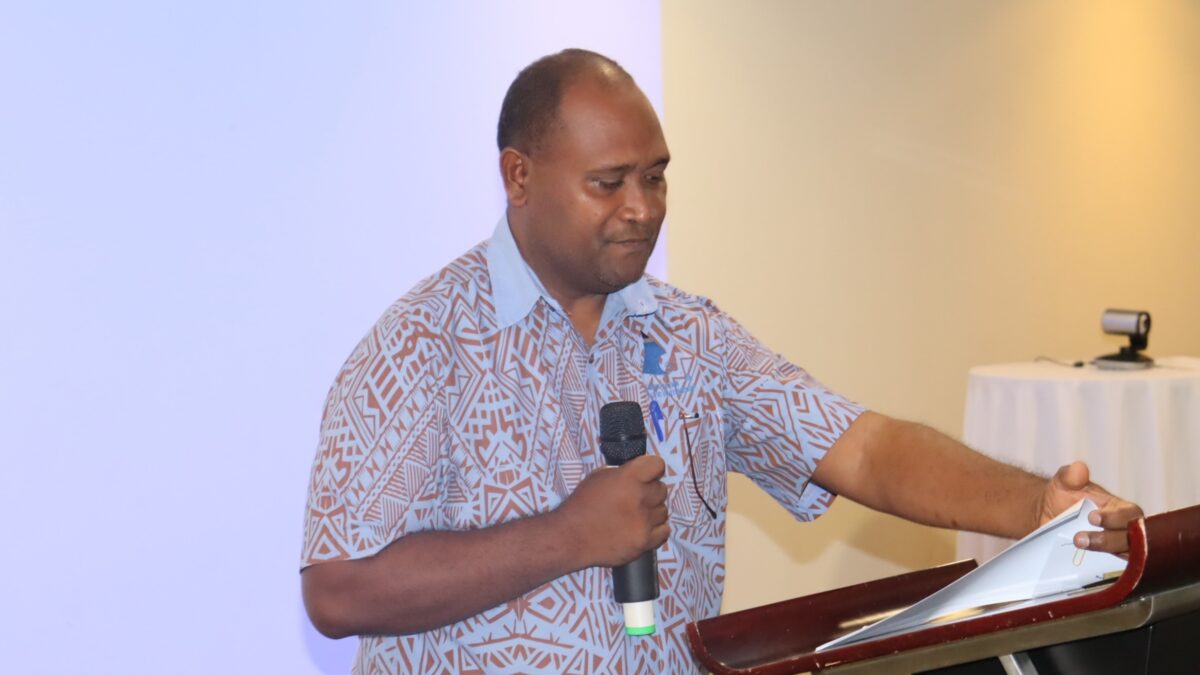

Health Minister Hon. Dr Culwick Togamana
SI welcomes and endorsed the Strategic Framework for the Comprehensive Prevention and Control of Cervical Cancer in the Western Pacific Region 2023–2030
In his intervention on the Agenda, Cervical Cancer, Health Minister Hon. Dr Culwick Togamana informed the 73rd Western Pacific Regional Committee Meeting last week that Cervical Cancer is the 2nd most common cause of cancer in Solomon Islands.
He explained that as such, some of the interventions outlined in the Western Pacific Region 2023 to 2030 were initially piloted in 2015 to 2016.
“ This was in recognition of the increasing cases of cervical cancer in which the Ministry undertook in partnership with Family Planning Australia, New South Wales where health workers were trained on cervical cancer screening of women in four of our provinces which was an important step towards cervical cancer prevention and control”,
“In addition to the limited cervical cancer screening that is provided, there is also the roll-out of the 2 dose HPV vaccination to girls of 9 years to 14 years. This has become part of the country’s Routine Immunisation schedule under the National EPI program and we are planning to roll-out the single dose vaccination soon after technical, planning and operational arrangements are completed”, said Dr Togamana.
The Health Minister also outlined the challenges with the new program which includes, very limited screening services for women across the country and treatment availability. “Lack of a detailed and resourced action plans and a comprehensive advocacy and communication materials for women and girls including care providers with appropriate skill level and the need to institutionalize cervical cancer activities into all levels of the health system.
“For this reason Chair, Solomon Islands views the Strategic Framework for the Comprehensive Prevention and Control of Cervical Cancer in the Western Pacific Region 2023–2030 an opportunity for broad guidelines for the development and strengthening of the national cervical cancer control program ensuring sustainability towards achieving global targets for elimination of cervical cancer”,
“But most notably it gives the opportunity for our country to develop policies and strategies that are contextualized to the country needs to address cervical cancer in the country. We, therefore welcome, endorse, and look forward to WHO in supporting countries in further developing their Cervical Cancer Prevention and Control Programs.
-MHMS Press